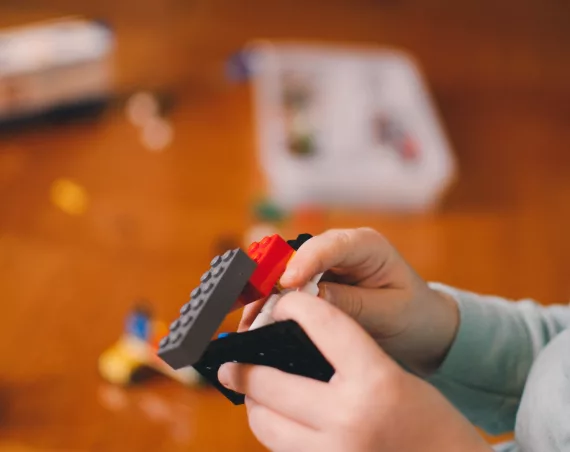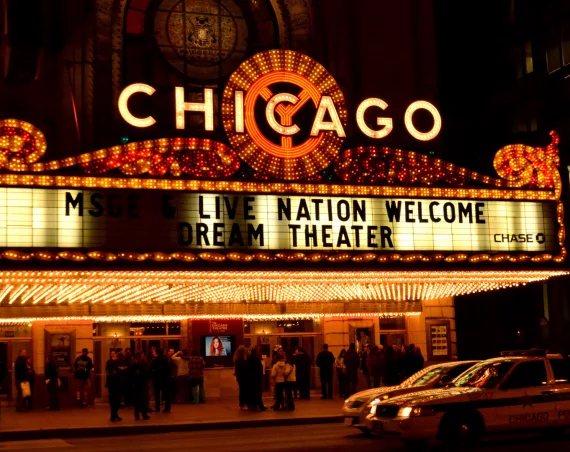
Collective nouns for people
Powered by RedCircle
Hello and welcome to Learn English Vocabulary. My name is Jack and I’m making this podcast for you to learn or revise English vocabulary.
These podcasts are graded from A2 which is around lower intermediate all the way to C2 which is advanced.
I hope you find these podcasts useful. If you do, please leave me a rating and review as this will help other learners find these podcasts.
Introduction
Yesterday, I published a podcast on animals and symbols and left you with a puzzle. The puzzle was for you to work out what animal I was describing. I’ll give you the description again.
So this animal is the symbol of death. It’s a small mammal that can fly around. People used to think these animals were blind, but they can see. However, they also use echolocation to catch their prey, which is really cool. They are also associated with a famous superhero.
Did you work it out? The answer is a bat. I’ll set you another challenge at the end of this podcast.
Collective nouns
This podcast is aimed at upper intermediate learners or B2 learners and I’m going to talk about groups of people. Another way to say this is collective nouns for people. We have some great collective nouns for animals in English, a flock of sheep and a herd of cows are OK, but did you know the collective noun for crows is a murder of crows – yes, the same word we use to talk about the crime of killing someone – a murder of crows. And the collective noun for rats is a mischief of rats, presumably because they like to get into trouble.
The language we use to describe groups of people is not as exciting as that, but it’s probably more useful. The words I’m going to look at in this podcast are team, club, crew, company, cast, crowd and group.
A group
I’m going to start with group. This is actually an A1 word so it’s not useful to discuss at this level except to say how big it is. A small group is probably fewer than 7 and then anything over 15 is probably a large group, but it kind of depends where you are. I once did a presentation in front of a group of people at a conference, but the room I was in was massive. You could have fit over 200 people in the room, but there were only about 10 people in the room. That felt like a very small group of people.
A crowd
If that room had been full, that number of people would have been a crowd. I think that anything over 50 people is a crowd. Most of the time we talk about crowds at pop concerts or sports events. Football matches in the UK often draw huge crowds of supporters. Which links nicely to the next collective noun, team.
A team
A team is a group of people who work together to achieve a goal. So a football team is the players on the pitch and substitutes bench that are playing together and trying to win the match. You can also have a team of doctors or surgeons who work together in a hospital or a team of rescue workers who work together to save lives after a disaster. I think that most people have to work in a team. I am a teacher and I don’t work in a team when I’m teaching, but when I’m working on teaching projects, I often have to work in a team.
A club
A club is similar to a team, but the association of members is not about a specific objective or aim, but usually about a shared interest. So you can join a photography club or an arts and crafts club or a sports club or a football supporters club. In all of these cases, you join an organisation that usually arranges meetings or events related to the thing the members are interested in. We do use the word club to talk about football teams. So you could ask someone what club they support or what team they support. I think that most football clubs started out as simple clubs that people used to get together and play a bit of football and over time, they grew into the massive operations that we know today as Liverpool and Arsenal. The main distinction today is that everyone who works for Liverpool FC is part of the club, but only the players on the pitch are the team.
Cast and crew
A crew is a group of people who work on a ship or a boat or an aircraft. I have just learned this myself, but apparently, the crew is all the people who work on a boat apart from the officers. We also use crew to talk about the people who work on a film but that aren’t actors. You sometimes hear about the cast and crew. The cast are the actors who appear in a film or play and the crew is everyone else. You might also hear people use the word crew to talk about the backstage staff in a theatre. If you work on the sound or lights or sets, you are part of the crew.
A company
On the same subject, you can talk about a theatre company. Now I’m sure you know the word company to mean a business organisation, but it has another meaning. A company is a group of actors that work together to prepare and rehearse for a play or production. If the company travels and puts of shows around the world you can call it a troupe and the members are troupers. This is a nice word because we also use it to describe someone who you can rely on and who works hard without complaining. So if someone helps you say move house or with a big and demanding job at work without complaining, you could say thanks for being such a trouper.
The challenge
Now it’s time for a bonus collective noun that I’m setting as today’s challenge. So here it is. What do you call a group of criminals? There are probably a few answers, but I’m thinking of something quite simple. If you know it, let me know in the comments section on the podcast page on the Learn English Vocabulary website.
I’ll tell you the correct answer tomorrow.
Conclusion
If you have enjoyed this podcast, please leave me a comment or a review and don’t forget that you can read the transcript for this podcast and complete some language activities on LearnEnglishVocabulary.co.uk.
Thanks for listening.





3 Comments
Anjali Srivastava
A gang of criminals
Majid
Thanks…
Majid POURKARIMI
Thank you, Jack!